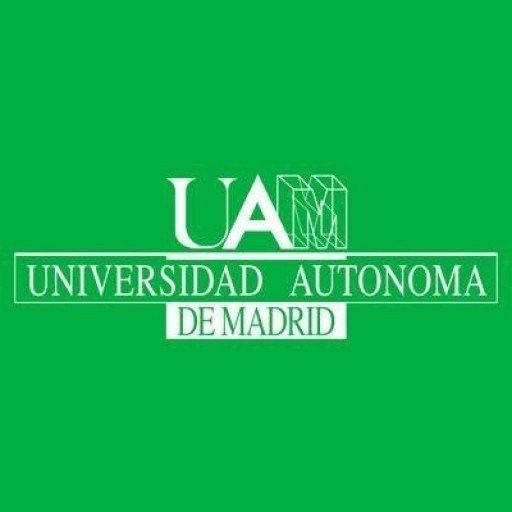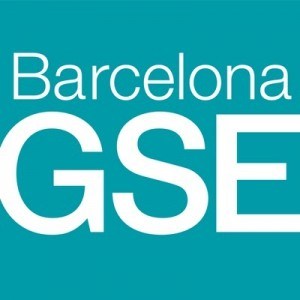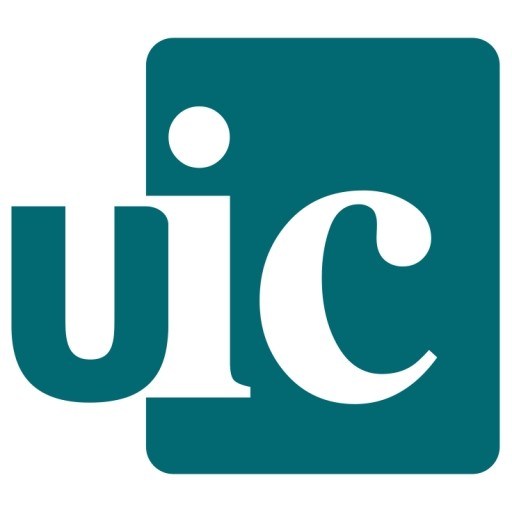Photos of university
The Bachelor’s Degree in Literary and Cultural Studies: Literature, Culture, Communication, and Translation offered by the Autonomous University of Madrid provides students with an in-depth understanding of the multifaceted nature of literature and culture in the contemporary world. This interdisciplinary program combines rigorous academic training with practical skills, enabling graduates to analyze, interpret, and communicate complex cultural phenomena across diverse contexts. Throughout the course, students explore a wide range of literary genres, cultural theories, and communication methodologies, fostering critical thinking and analytical abilities essential for varied careers in publishing, media, education, translation, and cultural management. The curriculum emphasizes both classical and modern texts from a global perspective, encouraging students to examine the historical, social, and political contexts that shape literary and cultural productions. Additionally, the program offers specialized training in translation techniques, facilitating cross-cultural communication and fostering multilingual competencies. Students benefit from a diverse array of modules, including literary theory, comparative literature, media studies, intercultural communication, and translation practice, ensuring a comprehensive understanding of the interconnectedness of language, culture, and society. The program also promotes active engagement with contemporary cultural issues through seminars, workshops, and internships, preparing graduates to navigate and excel in the rapidly evolving fields of cultural industries and international communication. With a curriculum grounded in academic excellence and real-world application, this Bachelor's Degree aims to produce well-rounded graduates equipped with the skills necessary for both continued academic pursuits and professional success in globalized environments.
The working unit of the MMES is the module. The programme is articulated as a set of seven modules covering the basic aspects of a round training in the field of English literary and cultural studies. Module 1 (mandatory) offers a methodological grounding. Module 2 (elective) concentrates on analysis of literary processes and contextualization. Module 3 (elective) focuses on the study of literature within the framework of cultural studies. Module 4 (elective) deals with theoretical and practical aspects of translation. Module 5 (elective) consists of a Research Seminar offering various activities in support of Module 1. Module 6 (elective; mandatory in the professional itinerary) provides opportunities for practical professional work. Lastly, Module 7 (mandatory) covers the Master's Thesis (‘Trabajo de Fin de Master’, TFM).
- Module 1. Texts, Representation , Discourse.
- Module 2. Literary languages
- Module 3. Literature and Society: Cultural Studies in the English-Speaking Countries
- Module 4. Translation Studies
- Module 5. Research Seminar
- Module 6. Practicum
- Module 7. Master's Thesis
Requirements
- Official university qualification such as an undergraduate degree, bachelor’s degree or other equivalent, in the related area
- An official certificate of level of English (IELTS, TOEFL, Cambridge English, OAL-UAM, Linguistic Services Office from your home university etc.) with at least a B2 (or equivalent) level. This doesn't apply for students coming from english-speaking countries/universities/schools.
- Bachelor's diploma
- Transcript of records from the Bachelor's degree
- Average Grade statement (see "Average Grade statement")
- CV (Curriculum Vitae)
- Certificate of level of English (or at least some proof that you'll get it before the enrolment deadline in September)
- ID/Passport
- Elective courses pre-selection form ("Hoja de preinscripción de asignaturas")
- Specific documents required for each master (letter(s) of recommendation/reference etc.).
- FOREIGN STUDENTS ONLY: when their average grade point is not in a 1-to-10 scale, applicants must also submit the ANECA's certificate of average grade equivalence for studies undertaken in foreign countries (see here). Please note that this certificate can take up to 2 months to be delivered, so applicants should request it with enough time in advance.
Scholarships
- General grants of the UAM
- Specific grants for international students at the UAM
The Literary and Cultural Studies program offered by the Autonomous University of Madrid is designed to provide students with a comprehensive understanding of literature, culture, communication, and translation within a diverse and global context. This programme emphasizes the development of critical thinking skills, analytical abilities, and cultural awareness through a multidisciplinary approach that combines theory and practice. Students are exposed to a broad curriculum that includes the study of literature from different periods and regions, cultural studies covering contemporary issues, communication strategies essential for effective interaction in multilingual environments, and translation techniques to facilitate cross-cultural understanding. The programme aims to prepare graduates for careers in education, translation, publishing, media, cultural management, and international relations. It also encourages research and scholarship, offering opportunities for students to participate in seminars, workshops, and international exchanges. The curriculum is designed to foster a deep appreciation of linguistic and cultural diversity, promoting skills in interpretive analysis, textual critique, and intercultural communication. Throughout their studies, students engage with a wide range of texts, from classical to modern, and explore the intersections between literature, society, and politics. The programme is delivered by experienced faculty members who are experts in their fields, providing mentorship and guidance in both academic and professional development. Graduates of this programme are equipped with the knowledge and skills necessary to adapt to dynamic global environments, contributing meaningfully to the fields of cultural dialogue, literary interpretation, and translation services.
(Please note that the text is based on typical content for similar programmes at the Autonomous University of Madrid and related academic standards; for precise and official details, consultation of the university's official publications is recommended.)





